
Defense Leaders Convene in Laos to Address Asia’s Security Challenges
Defense officials from the U.S., Japan, India, ASEAN, and other nations gathered in Vientiane, Laos, on Thursday for the ASEAN Defense Ministers’ Meeting Plus (ADMM-Plus) to discuss regional security concerns. The meeting underscored Asia’s efforts to balance relations with China while ensuring continued U.S. engagement amid rising tensions.
Key attendees included U.S. Defense Secretary Lloyd Austin, Chinese Defense Minister Dong Jun, Japanese Defense Minister Gen Nakatani, and Indian Defense Minister Rajnath Singh. This marked Japan and China’s return to the talks after a year-long absence.
Regional Concerns and Tensions
Participants highlighted the need for dialogue to address security challenges, including China’s military drills near Taiwan, heightened North Korean hostility fueled by Russian support, and South China Sea disputes involving China and the Philippines.
Japanese Defense Minister Nakatani called for “frank discussions for regional peace and stability,” while Chinese Defense Minister Dong stressed the importance of maintaining stability through cooperation.
Concerns were also raised about the impact of U.S. President-elect Donald Trump’s new administration, which has appointed China hawks to key positions, potentially escalating Sino-American tensions.
Bilateral and Multilateral Engagement
Ahead of the ADMM-Plus meeting, ASEAN defense ministers held a separate session with Lloyd Austin, who outlined plans for enhanced U.S.-ASEAN cooperation, including a joint defense exercise in 2025.
China’s Dong Jun met with ASEAN ministers on Thursday, advocating for stronger regional ties, but refrained from bilateral talks with Austin due to recent U.S. arms sales to Taiwan.
However, Dong engaged with Indian Defense Minister Rajnath Singh, marking the first high-level dialogue since their nations agreed in October to ease border tensions. The two officials emphasized rebuilding trust and prioritizing cooperation.
Strengthening Regional Security Cooperation
In a first, defense ministers from Japan, the U.S., South Korea, Australia, and the Philippines held a five-way meeting, reaffirming their commitment to a free, open, and secure Indo-Pacific.
Japan is also advancing bilateral defense ties with South Korea, the Philippines, and Australia, including real-time sharing of North Korean missile data and troop access agreements. Meanwhile, countries like the Philippines and Vietnam have increased joint maritime drills to bolster regional security collaboration.
Broader Implications
The ADMM-Plus highlighted the region’s balancing act: fostering U.S.-China cooperation while building stronger intra-Asian alliances. As tensions simmer, these efforts are seen as pivotal to maintaining peace and preventing unintended conflicts in Asia.
- Indian Army Chief General Upendra Dwivedi Meets PM Oli, Highlights Deepening Bilateral Defense Ties
- Bimalendra Nidhi: BRI Agreement Requires National-Level Discussion Before Signing
- PM Oli Urges Investment Amid Economic Reforms, Promises Stability and Prosperity
- Nepali Congress Rejects Loans Under China’s BRI, Pushes for Grant Assistance Ahead of PM Oli’s Visit to Beijing
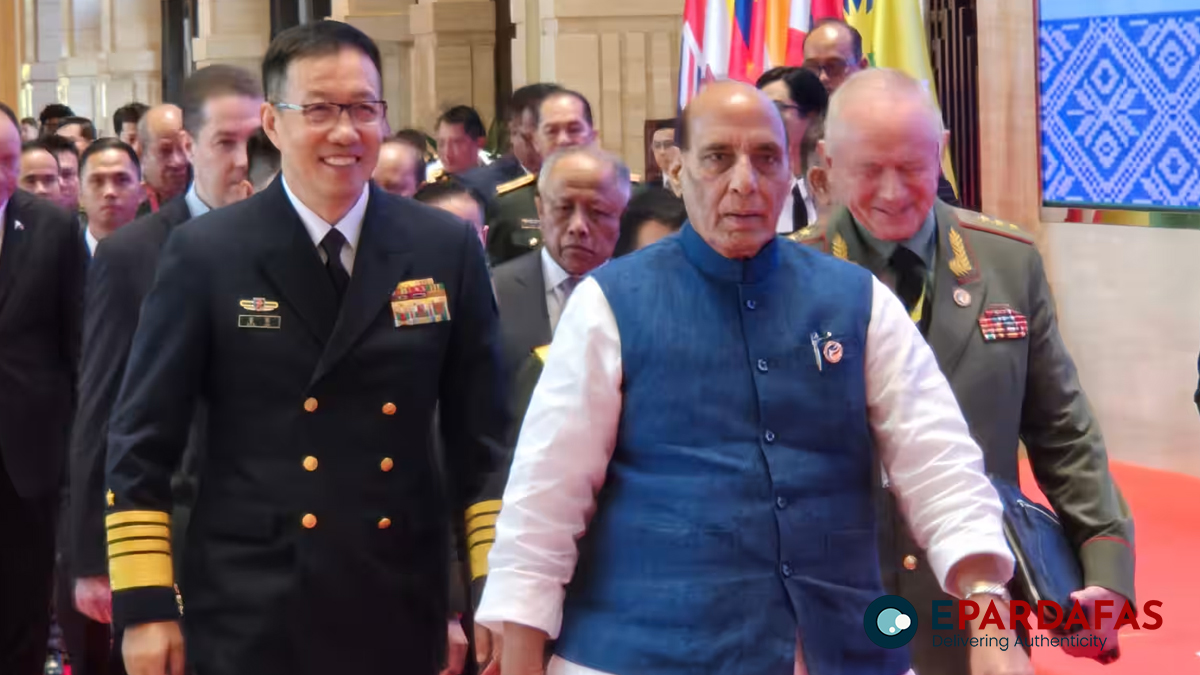
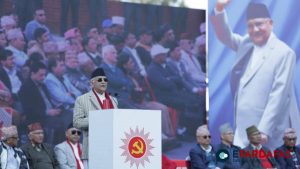


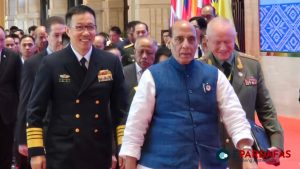
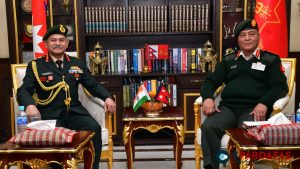
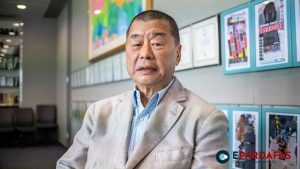



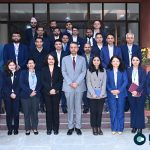
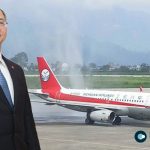

Comments